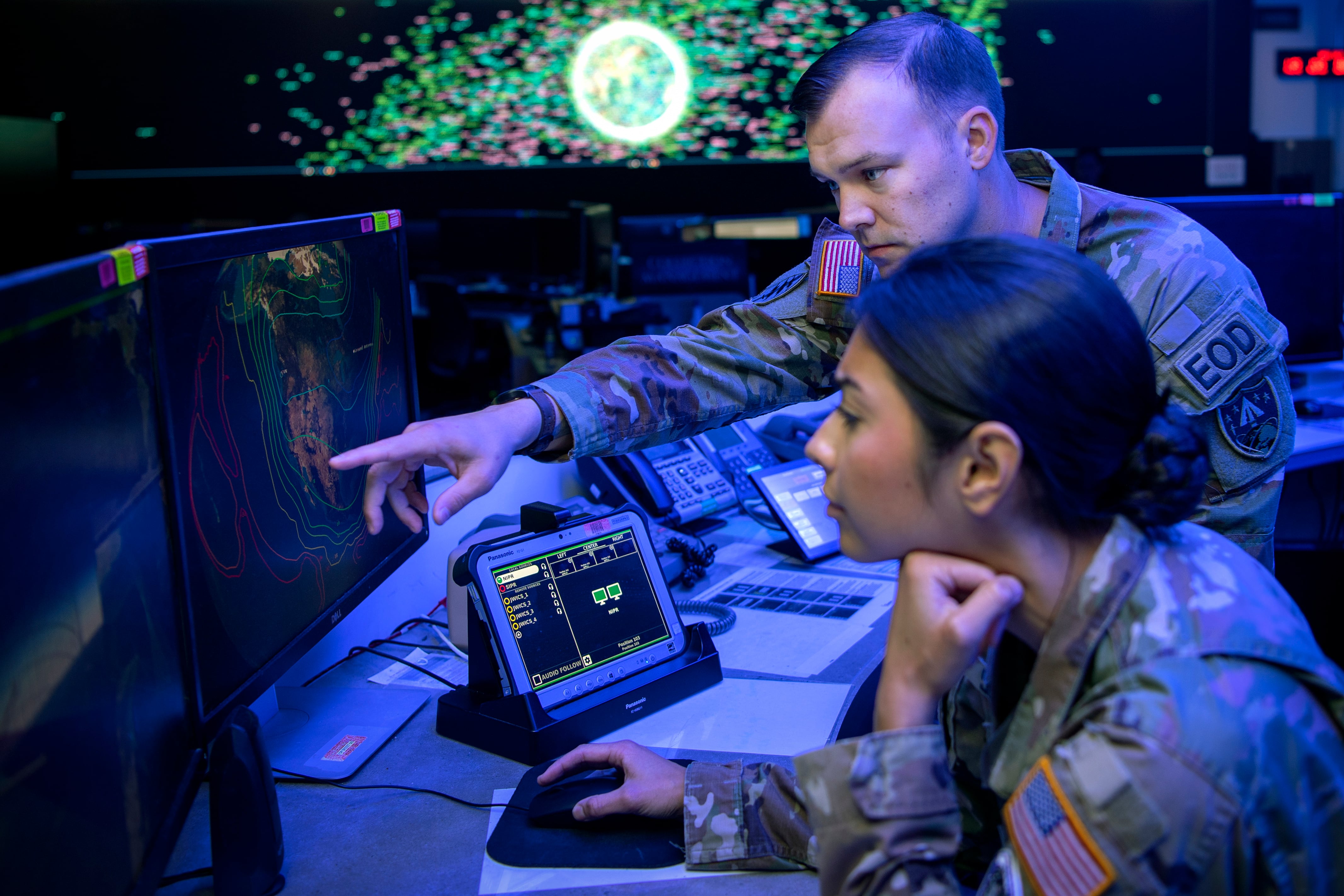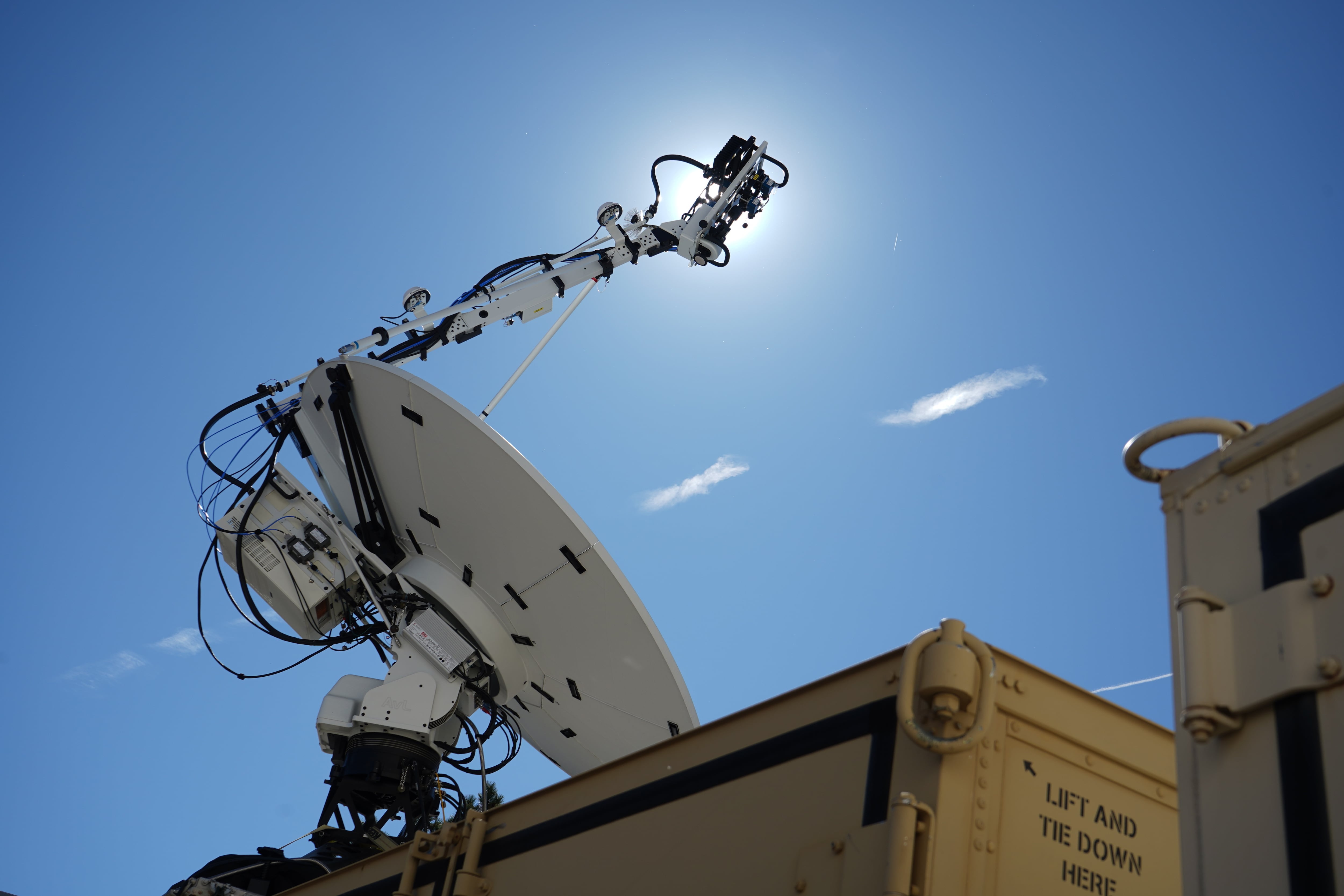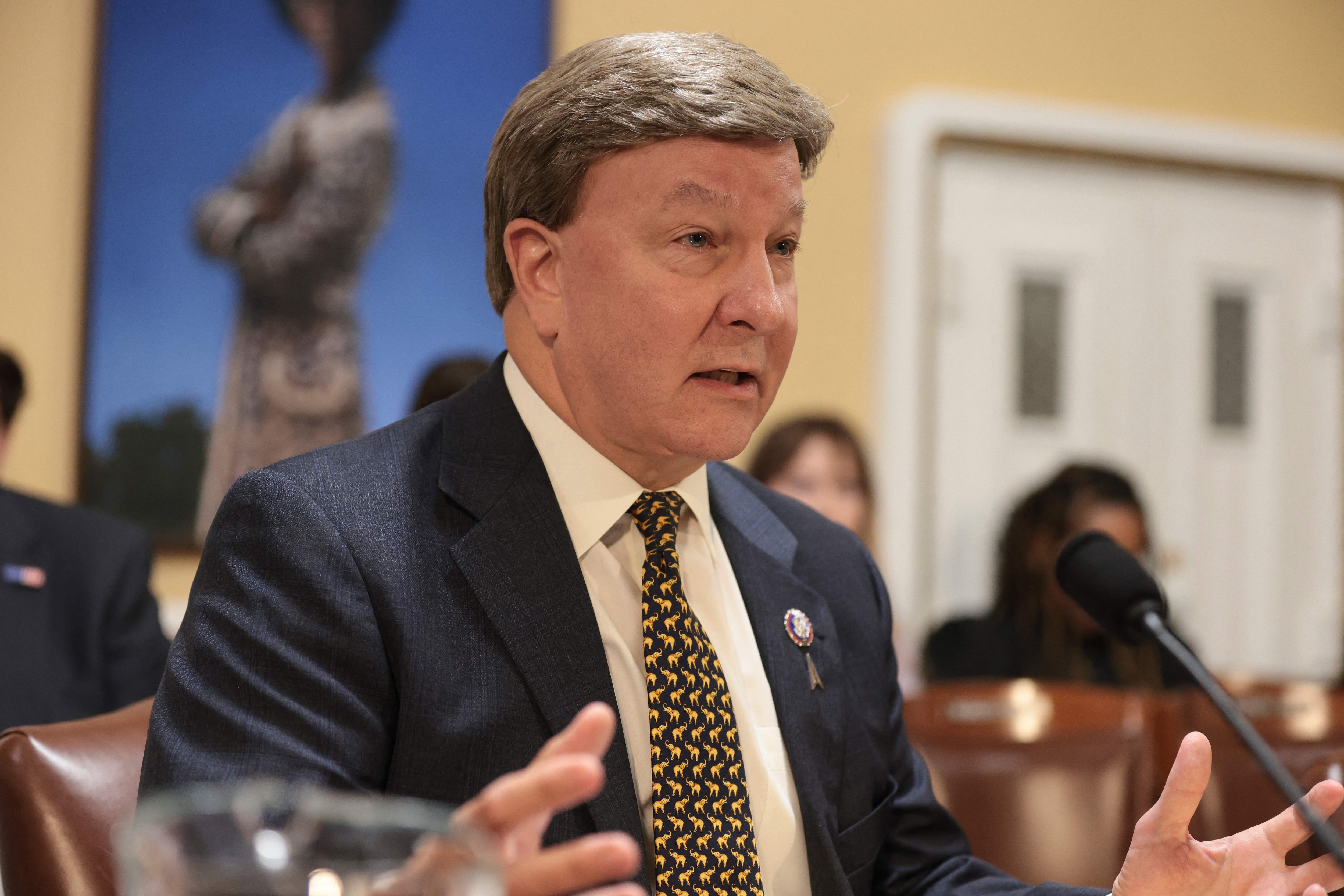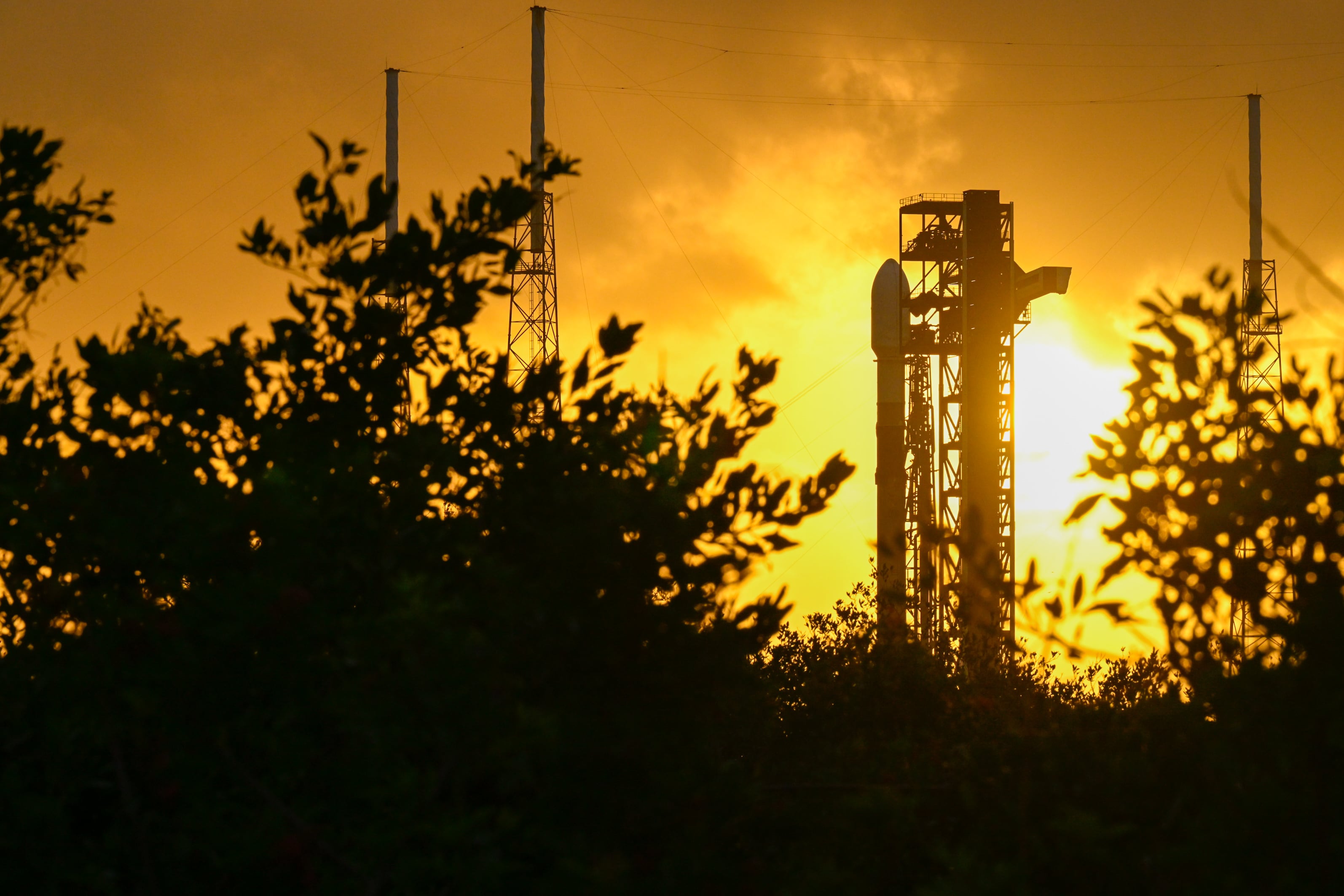NEW YORK (AP) — Nikki Haley, President Donald Trump’s chief envoy to the United Nations, cast Russian interference in the 2016 election as “warfare” on Thursday, breaking in tone, if not substance, from a president who has consistently downplayed Russian influence in American politics.
U.S. Ambassador Haley lashed out at Russia’s efforts to “sow chaos” in elections across the world during a conference hosted by the George W. Bush Institute.
“The Russians, God bless them, they’re saying, ‘Why are Americans anti-Russian? And why have we done the sanctions?’ Well, don’t interfere in our elections and we won’t be anti-Russian,” Haley said. She added, “When a country can come and interfere in another country’s elections, that is warfare.”
Haley’s comments were reinforced by former government officials from both parties, including former President George W. Bush.
“America has experienced a sustained attempt by a hostile power to feed and exploit our country’s divisions,” Bush declared. “The Russian government has made a project of turning Americans against each other.”
The comments come as Trump continues to question the intelligence community’s determination that Russia meddled in the 2016 presidential election. Federal officials are investigating Russia’s actions and the possibility of collusion with the Trump campaign.
Facebook recently provided three congressional committees with more than 3,000 ads they had traced to a Russian internet agency and told investigators of their contents. Twitter also briefed Congress last month and handed over to Senate investigators the profile names of 201 accounts linked to Russians.
“Foreign aggressions, including cyberattacks, disinformation and financial influence, should never be downplayed or tolerated,” Bush said.
The Republican former president did not go after Trump by name, but he condemned some of the values Trump has championed during his rise to power.
“We’ve seen nationalism distorted into nativism, forgotten the dynamism that immigration has always brought to America,” Bush said. “We see a fading confidence in the value of free markets and international trade, forgetting that conflict, instability and poverty follow in the wake of protectionism.”
He added, “We need to recall and recover our own identity.”
More In








